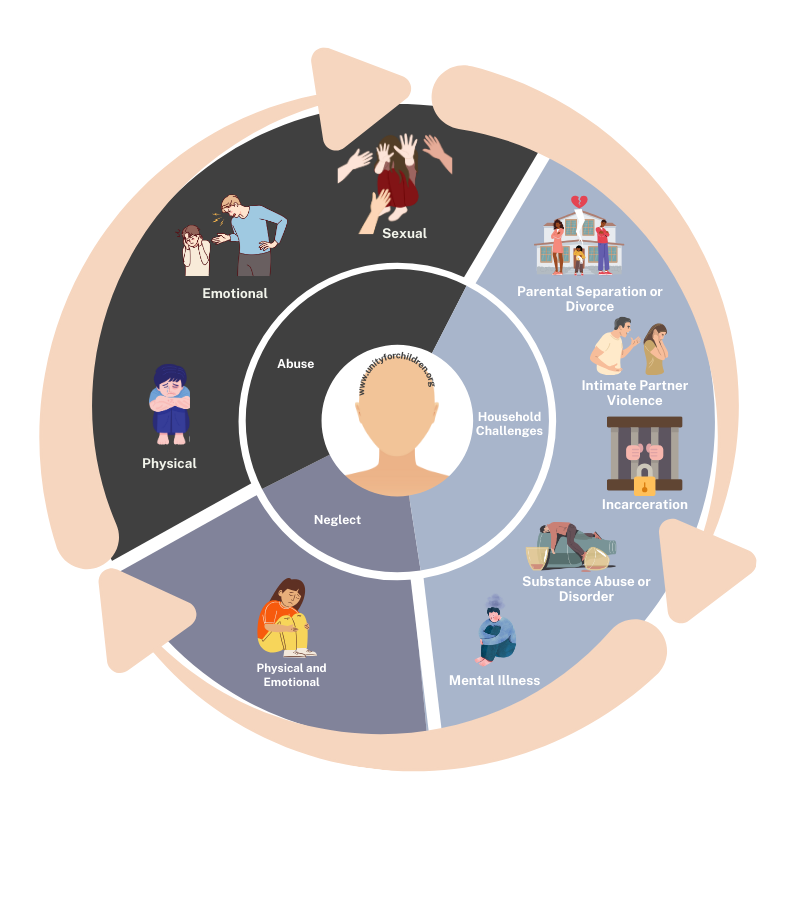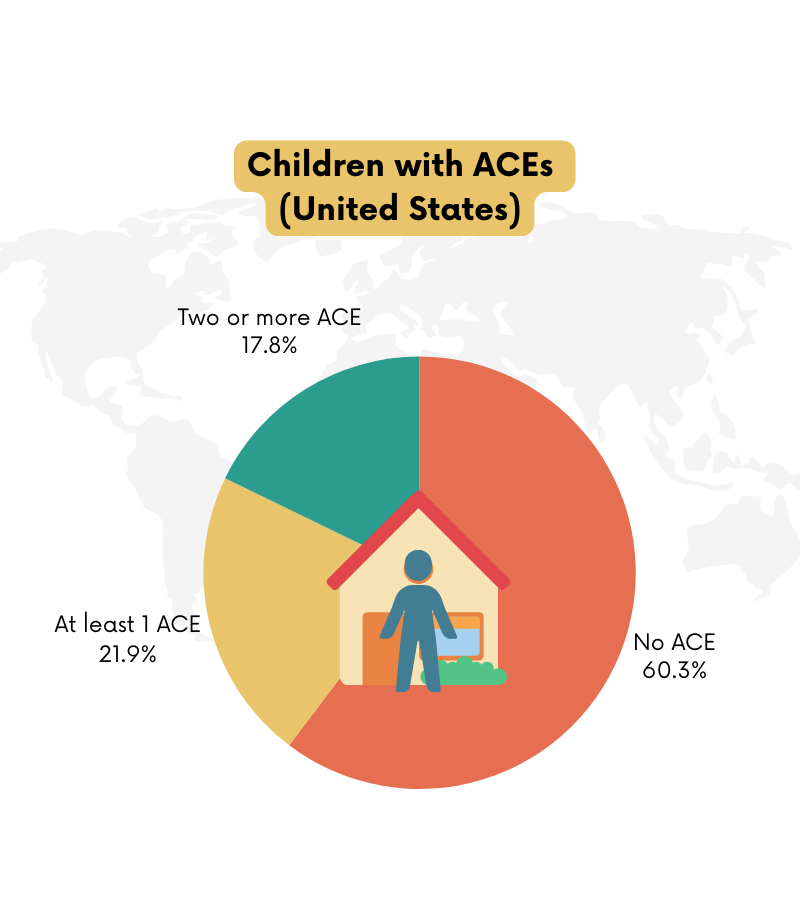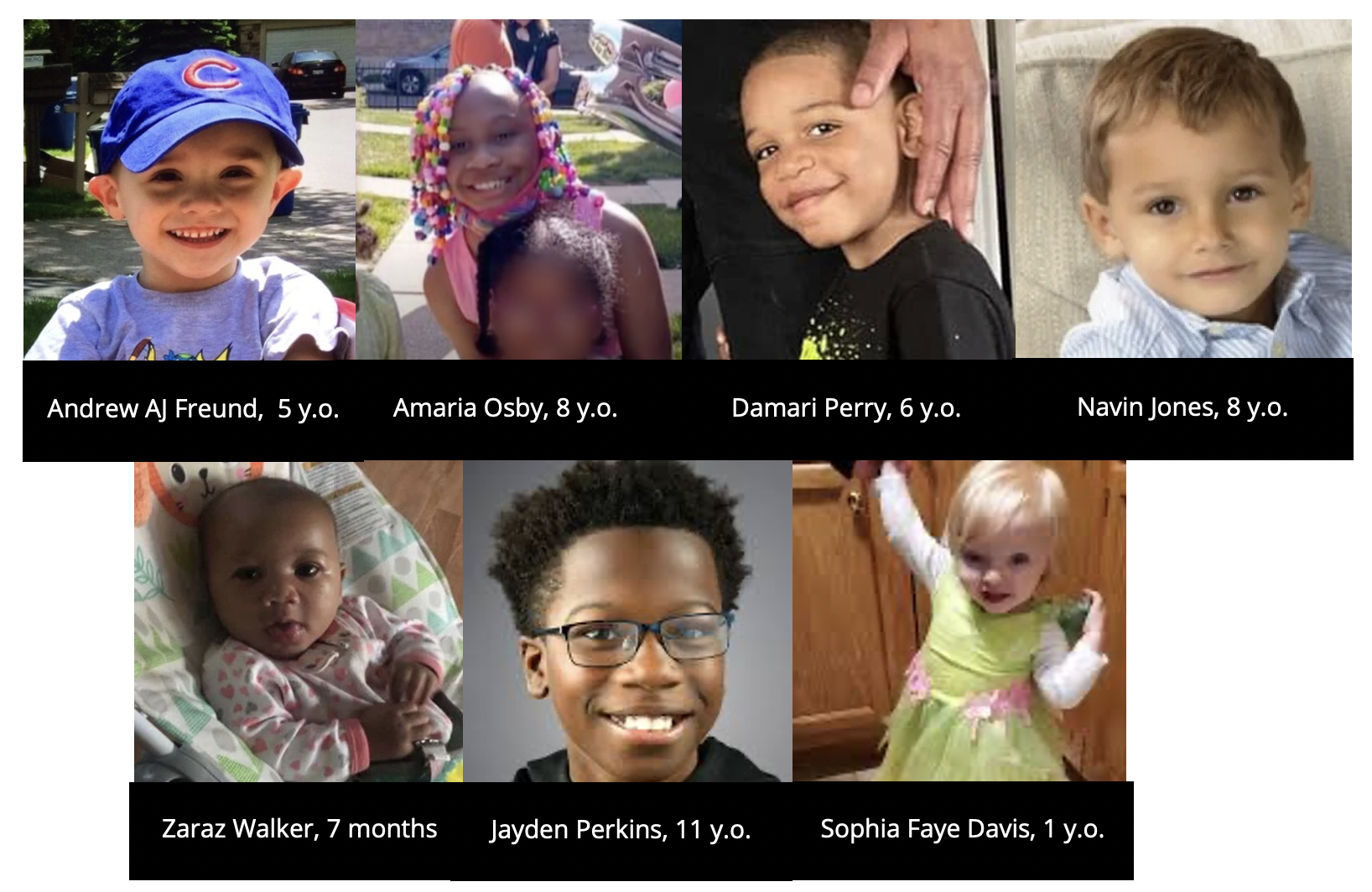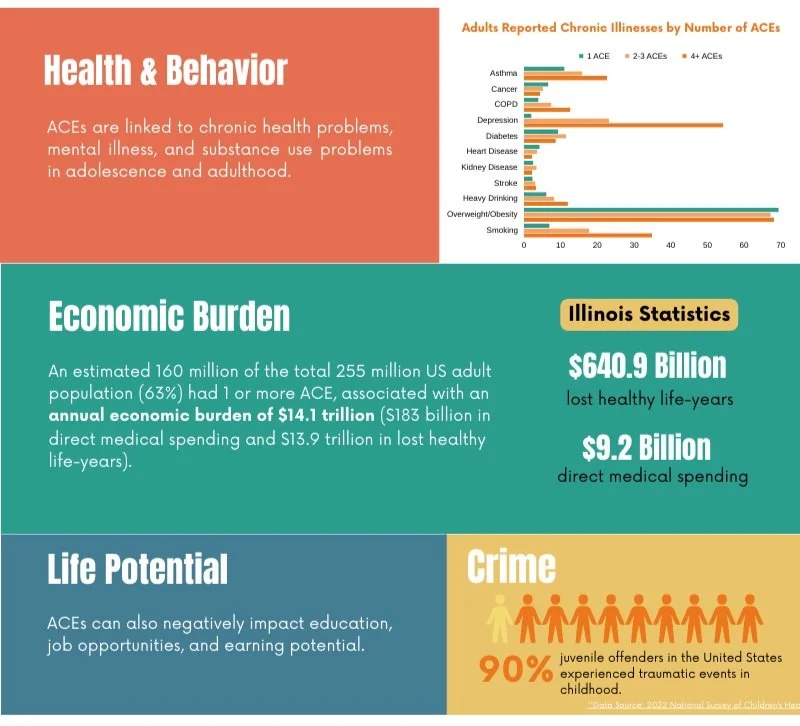Nearly half of the children population in the US have experienced physical or emotional neglect or abuse, living with someone with a drug, alcohol or serious mental health problem, and other traumatic events from ages 0-17. This experience is known as Adverse Childhood Experience (ACE).
Let’s start with the basics…
A little too young. A little too late.
It's a distressing reality: too many children lost their lives due to preventable circumstances, robbed of their futures by systemic failures in policies and programs meant to protect them.
As these tragedies continue to escalate, it's glaringly evident that the proactive prioritization of children's welfare across various sectors of society is sorely lacking. It's imperative for individuals, influential leaders, organizations, and all members of society to consistently and actively place the welfare of children at the forefront of their actions, decisions, and daily interactions.
Some of the innocent lives lost behind the numbers
Additional Illinois Statistics & Lasting Impacts
Proactive Approach
Unity for Children is here push for a shift towards a more proactive, conscious, and continuous commitment to safeguarding children. Failing to prioritize children's welfare is costly and, in some cases, irreversible, highlighting the urgency of taking proactive measures to address this social issue especially when Adverse Childhood Experiences (ACEs) are at play in their lives.
Our Model
The successful implementation of our model is envisioned to bring about transformative and sustainable changes in prioritizing and safeguarding children's well-being. These long-term outcomes reflect a profound shift in societal attitudes, policies, and practices, aiming to create a lasting impact on the lives of children, generation after generation:
Comprehensive Policy Reforms: Implementation of comprehensive policy reforms that embed children's well-being as a central focus in various sectors including but not limited to court system, healthcare, and education.
Cultural and Behavioral Change: A shift in cultural norms and behaviors that consistently prioritize and support children's well-being.
Institutionalization of Best Practices: Integration of best practices for children's well-being into institutions and organizations.
Sustainable Community Engagement: Sustainable community involvement and support for ongoing initiatives promoting children's well-being.
Measurable Improvements in Well-being Indicators: Measurable improvements in key indicators related to children's well-being.
Enhanced Mental Health Support Systems: Robust and accessible mental health support systems for children and families.
Public Awareness and Advocacy Sustainment: Sustained public awareness and advocacy efforts for children's well-being.
Continuous Learning and Adaptation: Establishment of a culture of continuous learning and adaptation in the pursuit of children's well-being.
Increased Investments in Children's Well-being: Increased investments from public and private sectors in initiatives that promote children's well-being.
International Recognition and Collaboration: Recognition at the international level for successful efforts in prioritizing children's well-being.
These long-term outcomes collectively contribute to creating a society where children's well-being is not only prioritized but ingrained in the fabric of communities, institutions, and policies. The envisioned results reflect a sustained commitment to fostering a nurturing environment for the holistic development and protection of children over time.
Prevention of ACE could reduce chronic health conditions:
-
Up to 1.9 Million
Heart Disease
-
Up to 2.5 Million
Overweight / Obesity
-
Up to 21 Million
Depression
Potential Reduction of Negative Outcomes in Adulthood:
-
-33%
Smoking
-
-24%
Alcohol Abuse
-
-15%
Unemployment
-
-4%
Uninsured
-
-5%
Less than high school education
Get Involved!
Fill out the involvement form and submit your application to take action with our team of changemakers and partners:









